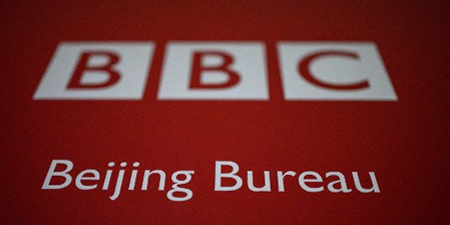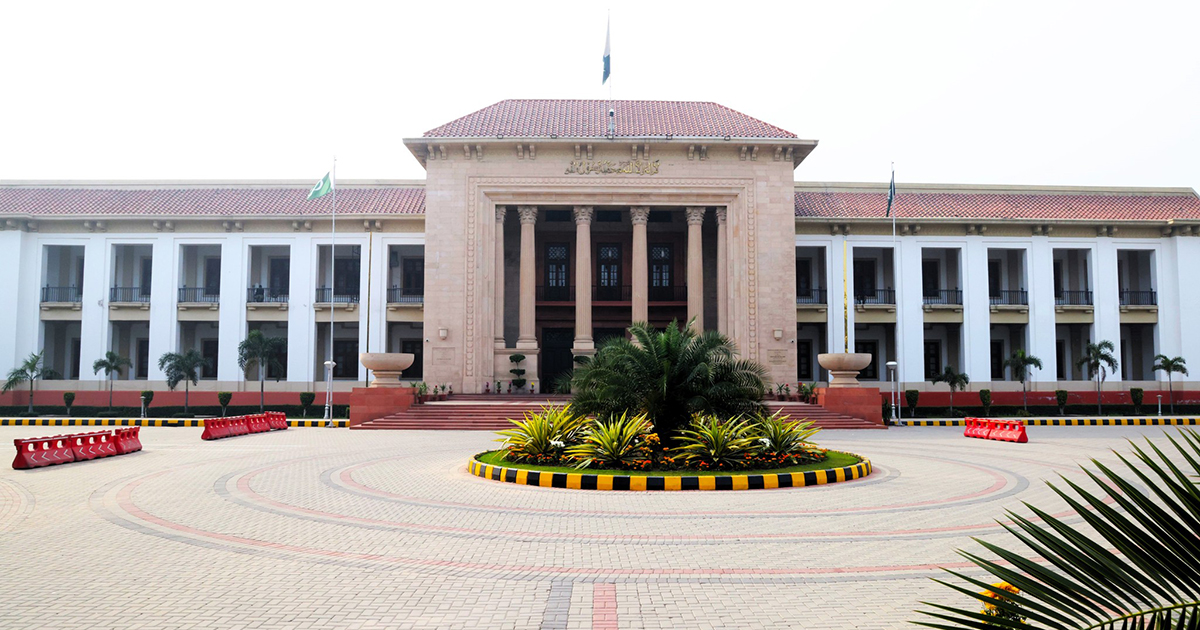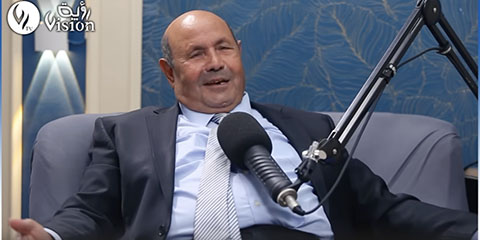Beijing bans BBC in retaliatory move
JournalismPakistan.com | Published 4 years ago
Join our WhatsApp channel
The British Broadcasting Corporation (BBC) was banned in China on February 12, one week after it was accused of false reporting and after the broadcasting license of China’s state-owned CGTN was revoked by the British regulator.
The International Federation of Journalists (IFJ) condemned the retaliatory move by Beijing and called on Chinese authorities to respect media freedom.
On February 12, China’s National Radio and Television Admission announced that it would prohibit BBC World News in China, claiming the public broadcaster’s reporting has “damaged China’s national interests and destroyed the unity of the Chinese community.”
As the channel has “failed to meet the requirements to broadcast in China as an overseas channel, BBC World News is not allowed to continue its service within Chinese territory,” the Chinese agency said via a statement. It added it would not accept the BBC’s broadcast application for the next year.
The BBC later said it is “disappointed” at Beijing’s action. “The BBC is the world’s most trusted international news broadcaster and reports on stories from around the world fairly, impartially and without fear or favour,” a BBC spokesperson said in a statement.
Access to the BBC’s programs had been restricted in China, and BBC World News was available only in international hotels and foreign residential compounds, according to the public broadcaster.
Shortly after China imposed the ban, Radio Television Hong Kong (RTHK) also stated it would “suspend the relay of BBC World Service and BBC News Weekly” starting February 12 at 11 pm.
“We condemn this decision by the Chinese authorities,” the BBC said in a statement. “Our journalists have reported stories in mainland China and Hong Kong truthfully and fairly, as they do everywhere around the world.”
China’s Ministry of Foreign Affairs had previously dismissed the BBC’s reporting on Covid-19 in China as “fake news” and threatened the use of sanctions should the public broadcaster not apologize.
The decision came one week after Britain’s media regulator, Ofcom, revoked the broadcasting license of China Global Television Network (CGTN), the English-language service of China’s state media China Central Television (CCTV), on February 4.
Ofcom concluded that Star China Media Limited (SCML), the license-holder for CGTN, did not have editorial control over CGTN’s output and was therefore not a lawful broadcast licensee. It also mentioned CGTN’s links to the Chinese Communist Party.
The decision met with a strong protest by China, which threatened a response to the UK. Relations between the UK and China have plunged in recent months due to the sweeping national security law in Hong Kong, Covid-19, and other issues.
The BBC’s recent coverage of the Uighur community in Xinjiang has also infuriated Beijing. Chinese officials took to social media and called reports about Uighur women suffering systematic sexual abuse and torture in the internment camp built and run by the Chinese government “lies.”
The IFJ said: “The IFJ has previously expressed concern that China may have aimed its criticism at the BBC as retaliation in its recent disputes with the British government. Targeting a news organisation as part of a political strategy at the expense of media freedom is unacceptable. The IFJ condemns the retaliatory move by Beijing and calls on the Chinese authorities to respect media freedom.”—IFJ media release/Photo: AFP

























